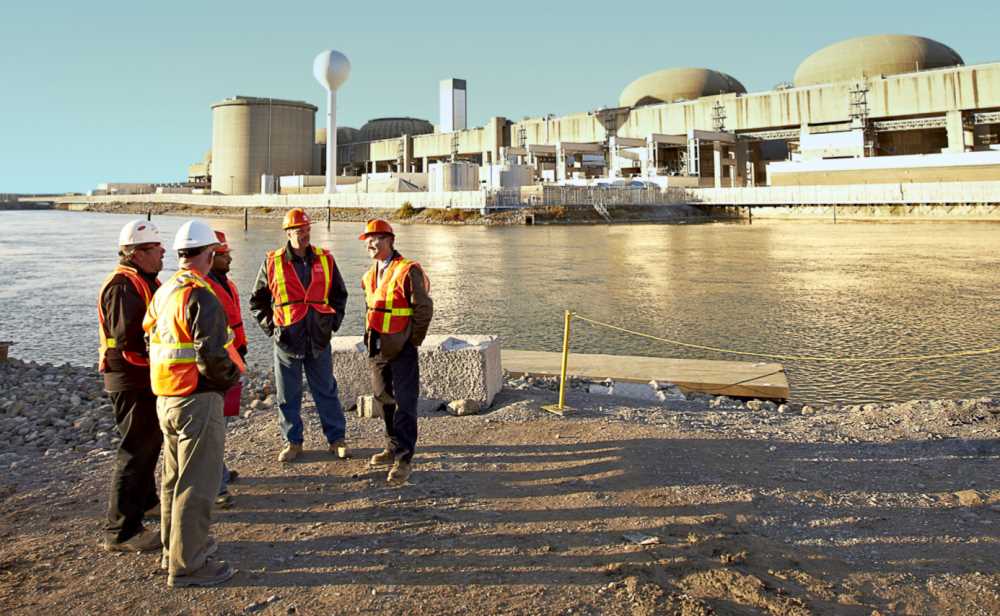Building a stronger tomorrow
Nuclear power in the post-pandemic world
The global coronavirus pandemic has had profound impacts on societies around the world. In many countries it has prompted reviews by governments of how best to build stronger, cleaner and more resilient societies. Whilst the pandemic has done great damage, with appropriate policy responses it may well provide a unique opportunity to build a genuinely sustainable world.
Nuclear energy can play a central role in post-COVID recovery efforts by boosting economic growth in the short-term, whilst also supporting, in a cost-effective manner, the development of a low-carbon, resilient and affordable electricity infrastructure. Investments into nuclear energy will also strengthen energy security, and can contribute to the production of heat and hydrogen to decarbonize other sectors of the economy.

Nuclear projects attract valuable inward investment, driving sustained long-term local and national economic growth with, for instance, every euro spent on nuclear generating a further four euros in the broader economy. There are “shovel-ready” nuclear projects around the world – some 108 planned reactors with approval, funding or commitment in place – which, with the right support, can provide immediate employment and create long-term high-value jobs.
These reactors can all play a crucial role in the post-pandemic recovery, and each and every one will create considerable societal benefits, but to ensure these are realised we must put mechanisms in place to value nuclear’s unique attributes. Further “shovel-ready” projects exist in the form of ensuring the long-term operation of existing nuclear reactors. Securing continued generation from the about 290 reactors which have been operating for more than 30 years is the cheapest way to generate low-carbon electricity.
There is a window of opportunity for governments to invest in nuclear energy to address the immediate crisis caused by coronavirus, and to prevent future crises by dealing with bigger, chronic problems, such as climate change, air pollution and energy poverty. Investment in nuclear energy would therefore not only be socially responsible, but would also help to future-proof economies and societies by building towards a cleaner and more equitable future.
Against this backdrop, World Nuclear Association calls upon policymakers to:
- Consider nuclear and its socio-economic, environmental and public health benefits in any energy transition plan, and enact policies to ensure the realisation of the many benefits of nuclear energy;
- Accelerate the implementation of the 108 reactors which are already planned by governments, and ensure the long-time operation of the 290 reactors which have been operational for 30+ years;
- Unlock finance by providing the appropriate frameworks that will drive investment and provide better value for consumers.